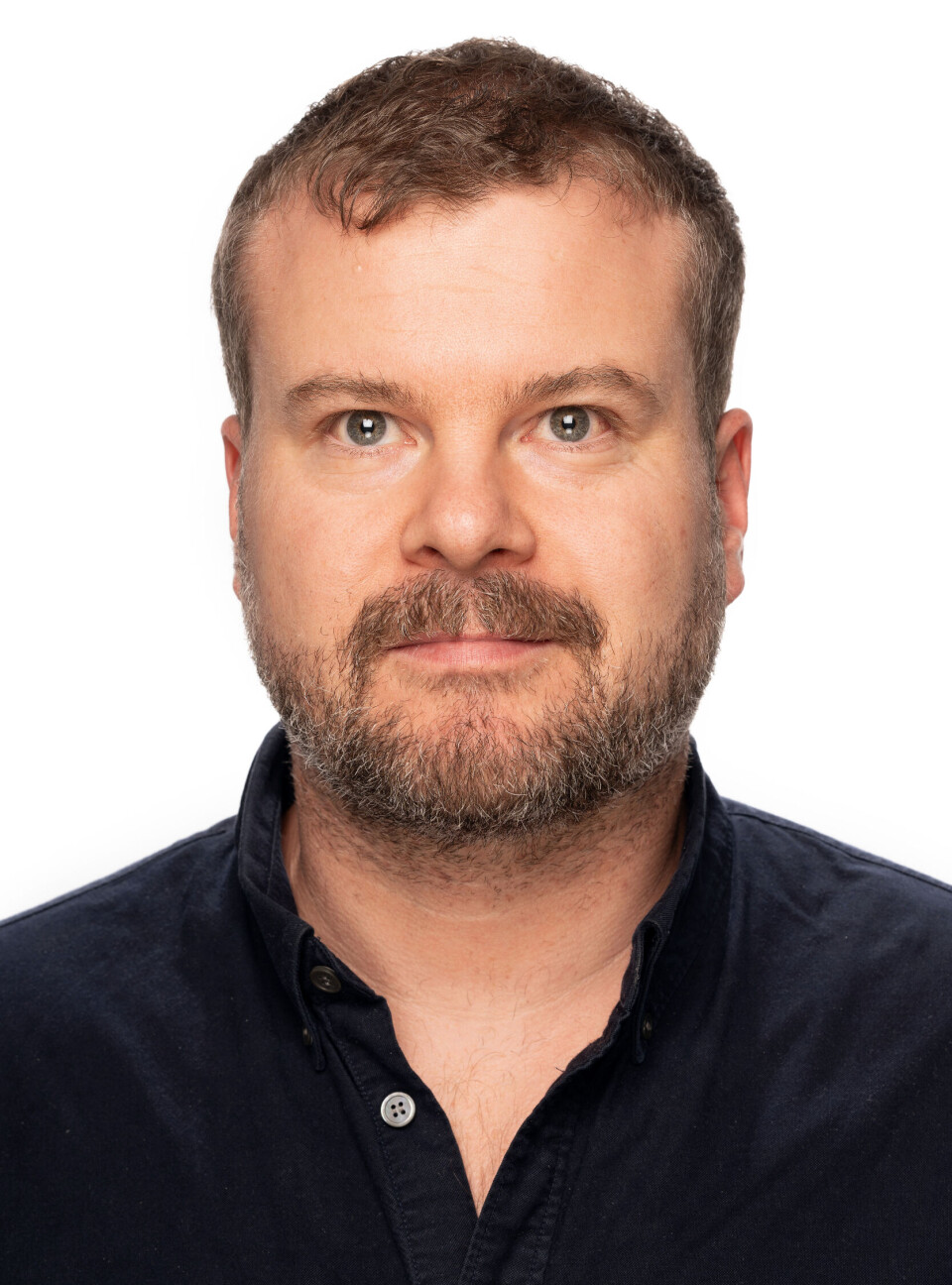Norway should take the lead in attracting American researchers, says Norwegian professor
Many of them are looking for jobs in Europe and Canada. Norway should take action to attract world-leading researchers, says a Norwegian professor.

Are you a US researcher who is considering leaving the country following the disruptions to science prompted by the Trump administration?
That’s what the academic journal Nature asked its readers.
75 per cent of the 1,600 researchers who responded said yes.
"Don't want to leave, but what’s the alternative?" said a biomedical researcher.
Most viewed
“This is my home – I really love my country,” said another, who studies global food systems. “But a lot of my mentors have been telling me to get out, right now.”
Chaos, cuts, and layoffs
Researchers have been fired, and research funding has been slashed left and right in the USA since Trump took office in January this year.
There will be no research on HIV, climate change, or Covid-19. Words like gender and transgender are banned. Even research on security and defence is not safe.
“It's like an earthquake in the world’s scientific centre,” Tore Wig wrote in an op.ed in Morgenbladet (link in Norwegian) earlier this year.
Wig, who is a professor of political science, also wrote that this presents a golden opportunity for Norway: “We can build the Norway of the future with the brains fleeing Trump.”
The researchers who fled Hitler’s Europe revolutionised the USA to such an extent that it is impossible to imagine the nation without that wave, wrote Wig. Now the wave is heading in the opposite direction.
According to the French Aix Marseille University, 40 American researchers have responded to their initiative ‘Safe Space for Science.’ The researchers are said to be from Stanford, Yale, and NASA, among others.
Recently, the Norwegian Socialist Left Party (SV) proposed that Norway should establish an amnesty programme for American climate researchers, granting the right to live and conduct research in Norway.
Looking for collaborators
The researchers in the Nature survey are looking to move to countries where they already have collaborators, friends, or family. Or places where they speak the language.
Canada and Europe top the list. Those who are not from the USA are considering moving back home.
It is especially the younger researchers who say they are considering leaving the USA.
For them, it is particularly challenging to navigate the chaos of mass layoffs and funding cuts, one of the respondents said.
The more established researchers are more likely to try weathering the storm, Wig believes.
A tenured researcher replied that he will stay as long as he can, but if his lab faces dramatic cuts, staying might no longer be an option.
Ridiculous to some, necessary for others
25 per cent of those surveyed have no plans to leave the USA.
“US academia has the best research facilities,” one of them replied.
“I won't go anywhere, this is ridiculous,” wrote another.
Another researcher who is actively applying for jobs in Europe is transgender. They responded that Trump's policies in that area make it "improbable that the life I want to live is a viable option in this country."
Tenured researchers still have to learn Norwegian
The requirement for Norwegian language proficiency among foreign researchers was a key issue for the Centre Party. The introduction of this requirement in 2024 was met with massive opposition from the research community, precisely because it could make it harder to attract international researchers to Norway.
Universities and researchers have been clear that they believe this requirement must be lifted if Norway is to succeed in attracting researchers who now want to leave the USA.

The government recently announced that they are moving to remove the requirement for PhD candidates and postdocs to learn Norwegian.
However, the requirement that foreign tenured academic staff must learn Norwegian within three years still stands.
Continue projects cut by Trump
Wig believes the government should go further.
“Shocks like this are relatively rare, and Norway must seize the opportunity while it's here,” he tells sciencenorway.no.
He believes it should be up to the institutions themselves how they want to work with Norwegian academic language.
“Then we can recruit world-leading AI researchers or cancer researchers without requiring them to spend a lot of time learning Norwegian in just a few years. On average, it would be a gain for Norwegian society. It’s really a no-brainer,” he says.
Wig also proposes dedicated research funding that international researchers can apply for.
“These could provide automatic employment in Norwegian academic communities, in strategically important areas that are now being cut in the USA. I'm especially thinking of certain health research that the Trump administration is now attacking,” Wig says, adding:
“We can establish funds that say: You can apply to the Norwegian Research Council to have your project, which is now being cut by Trump, continued in Norway, with various adaptation options. It would also be a win-win for Norwegian knowledge communities.”
———
Translated by Nancy Bazilchuk
Read the Norwegian version of this article on forskning.no
Related content:

Subscribe to our newsletter
The latest news from Science Norway, sent twice a week and completely free.






































